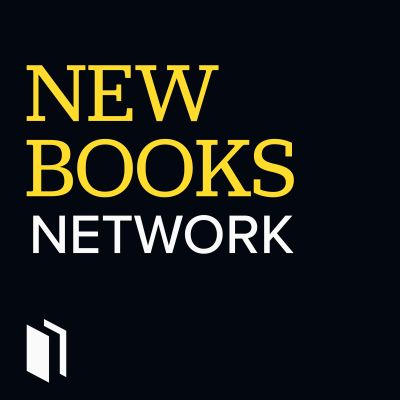Interviews with Authors about their New Books Support our show by becoming a premium member! https://newbooksnetwork.supportingcast.fm/new-books-network
https://newbooksnetwork.com
Thomas David DuBois, “Religion and the Making of Modern East Asia” (Cambridge University Press, 2011)
Do historians of East Asia sufficiently account for the role of religious communities in the construction of history? Of course, there are histories of the Taiping Rebellion, and groups like Soka Gakkai or Falungong. But have historians probed how these movements have shaped the history of China and Japan more generally? Thomas David DuBois, Senior Research Fellow at Australian National University, argues that religion forcefully shaped the social, political, military, and economic dimensions of modern East Asia. In his new book, Religion and the Making of Modern East Asia (Cambridge University Press, 2011), DuBois explores a variety of religious actors and groups who were influential from the fourteenth century until today. The book outlines both continuing characteristics, such as Chinese millenarian movements and heresies, Japanese temples and funerals, Zen Buddhism and the Samurai, and also key events, including Matteo Ricci’s efforts in China, the Buddhist danka system, the Boxer Uprising, D.T. Suzuki, and the Dalai Lama. DuBois also explores how East Asian religions are transforming in a globalizing world and the effects the will have on the future of East Asia. During our too brief conversation we discussed Zhu Yuanzhang, the success and failures of Christian Missionaries, Buddhism and Shinto in the Tokugawa and Meiji periods, the diversity of Japanese Buddhisms, the Chinese Communist Party’s position on religion, and new religious movements.
Learn more about your ad choices. Visit megaphone.fm/adchoices
